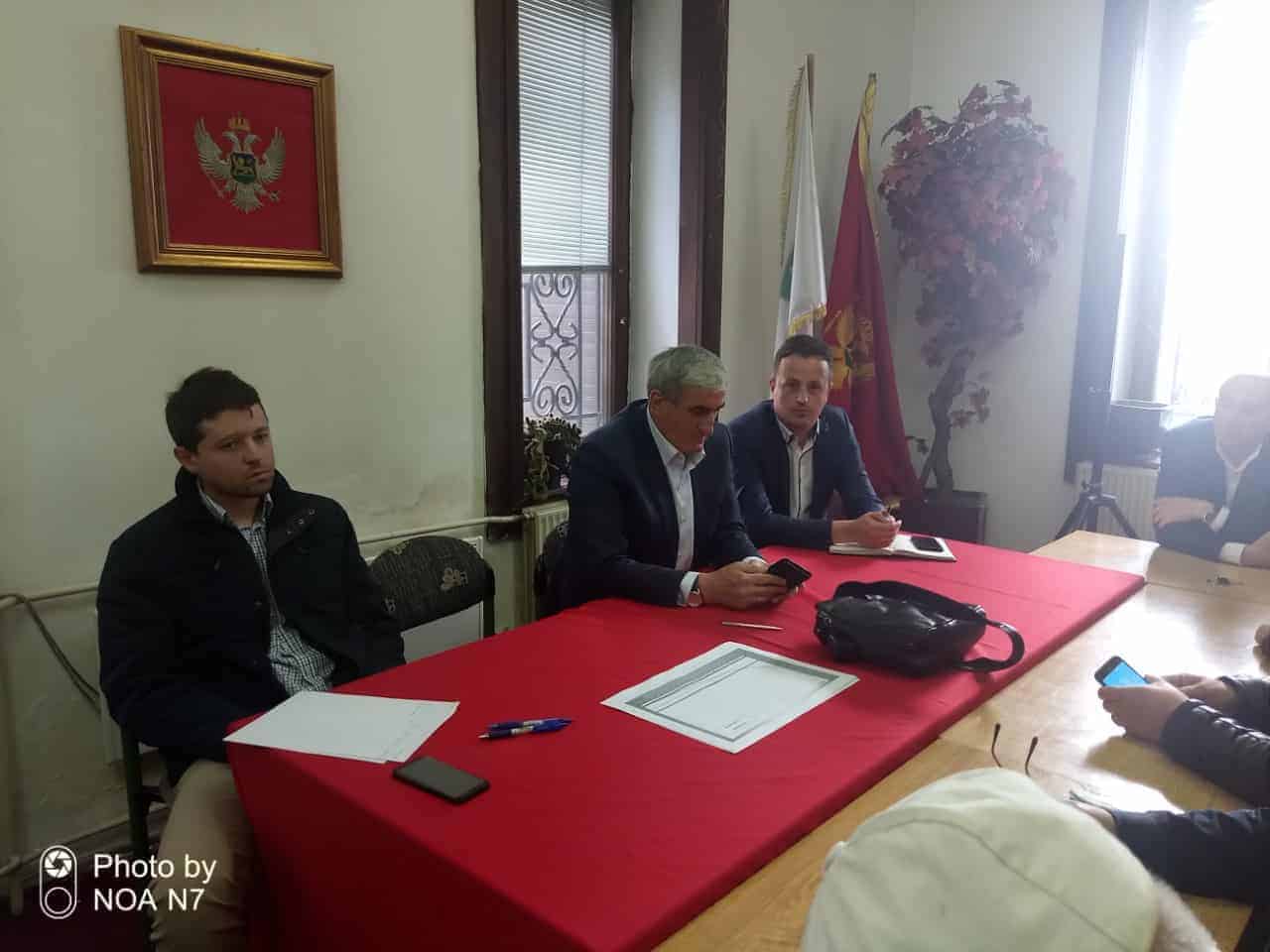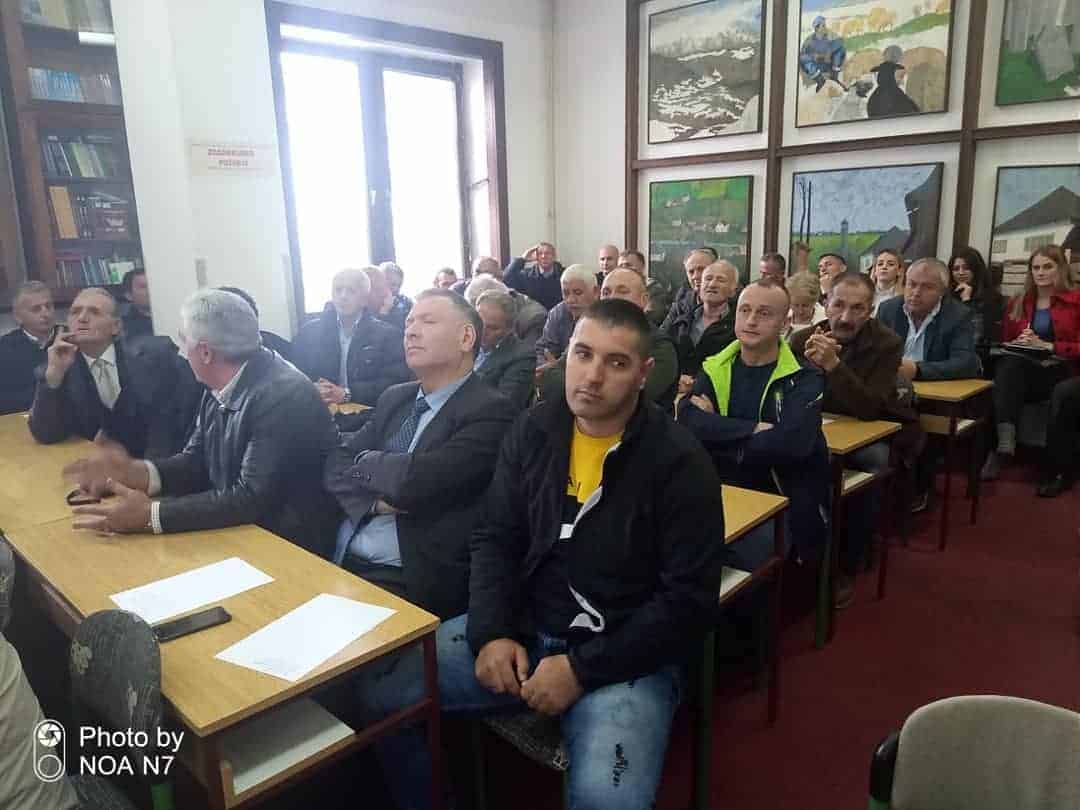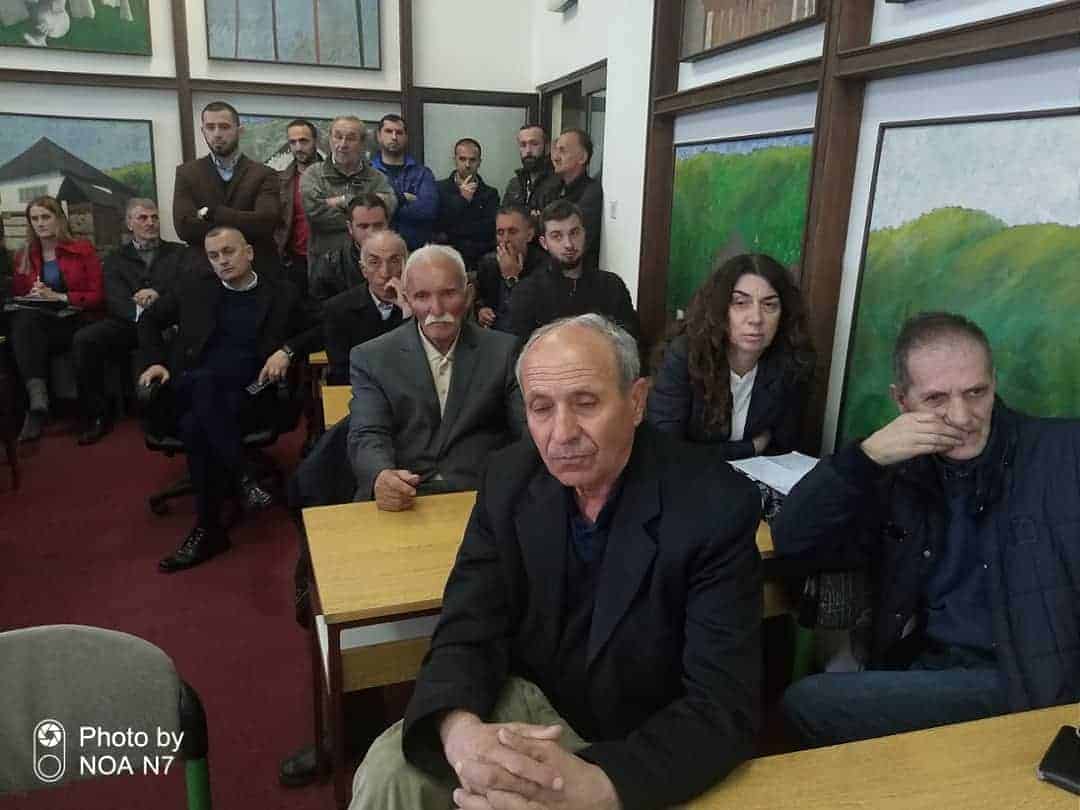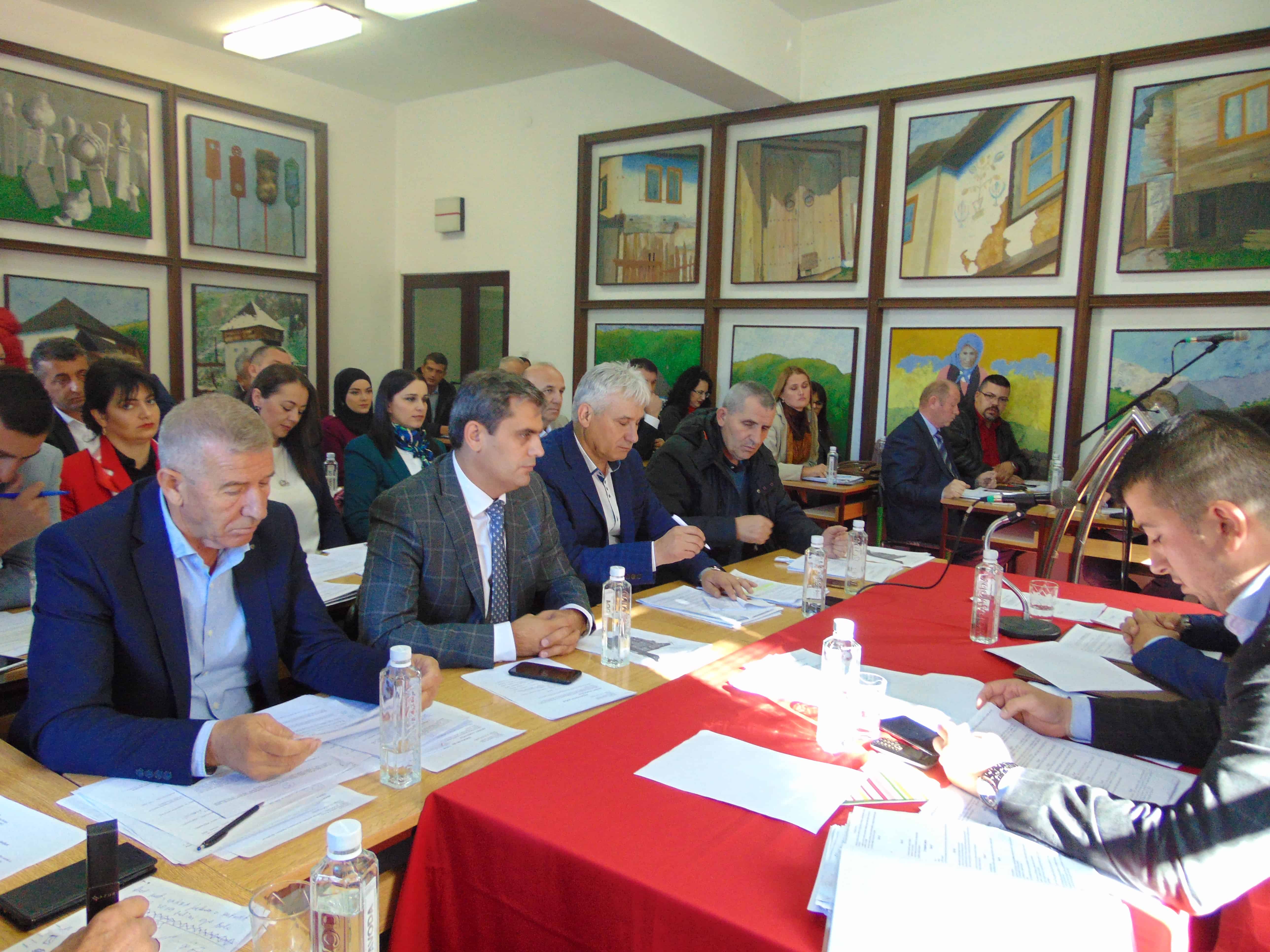A public hearing was held on the topic of the construction of a mini-hydroelectric power plant on the Bukeljka and Lazanka rivers

On April 5, 2019, the Secretariat for Planning, Spatial Planning and Environmental Protection organized a public debate on the construction of mini hydropower plants on the Bukeljka and Lazanka rivers.

The public discussion was initiated by the investors, DOO Artek Podgorica and DOO Erlang Podgorica. The discussion was not held in its entirety, because the citizens of Rožaj, who attended, are expressly against the construction of mini-hydroelectric plants.
The public discussion was marked by the conflicting tones of those present, especially the locals who live in the area where the construction of mini-hydroelectric power plants is planned, as well as the unsuccessful attempt by the investor's representatives to explain what benefits the local population, the Municipality and the state will have. The citizens left the discussion at the moment when the investors were supposed to elaborate the project.
Designer Ljubiša Bošković says that his role was to explain and explain the very technique of building mini hydroelectric plants and their impact on the environment. Due to their express disagreement with the idea of building mini hydropower plants on Bukeljka and Lazanka, those present left the discussion and did not want to listen to his clarifications.
He points out that during the construction of such facilities there is an impact on flora and fauna, but the investor is obliged to make a study and take measures to reduce the impact on the environment. Bošković believes that the construction of mini hydropower plants, if the legal provisions are respected, will not significantly damage the biodiversity in this area.
Bošković says that the public is misinformed about the impact of mini-hydroelectric power plants on the environment. This is a project that uses the hydro potential that Montenegro has and which achieves energy stability and independence. He is of the opinion that the benefits of their construction are great. First of all, employment, then tax collection, and finally, after the concession contract expires, these facilities remain the property of Montenegro.







